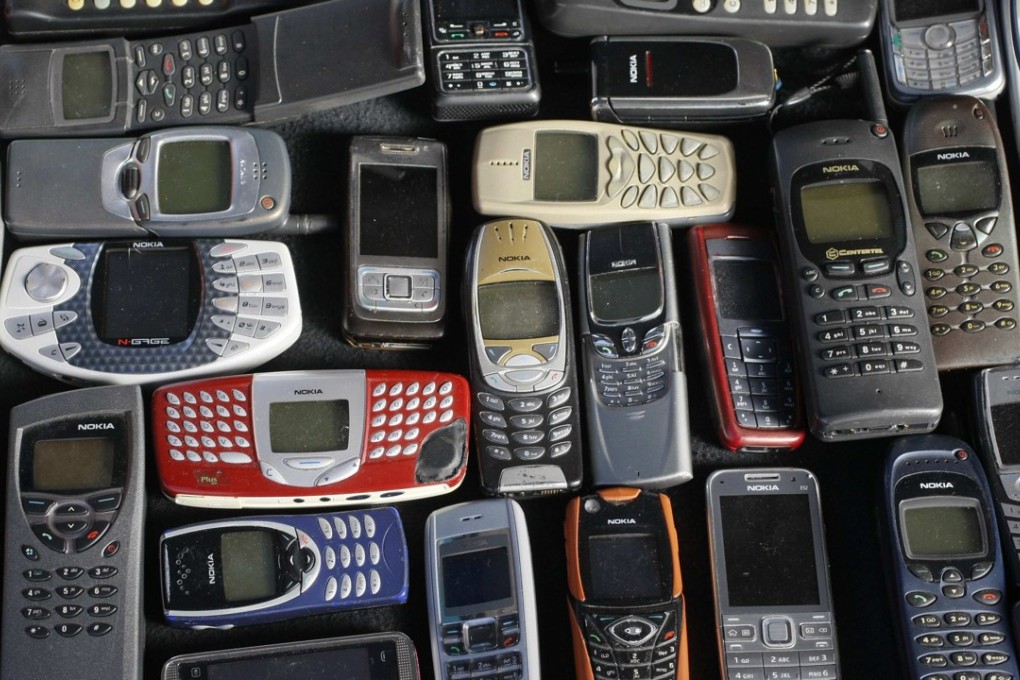Opinion | Why the mighty fail – lessons from Nokia
Nokia’s spectacular demise from being the world’s leading mobile phone maker started at the height of its success

For many years the name Nokia was synonymous with mobile communications. Yet it took only two decades for the Finnish firm to help create and dominate the industry – with a 40 per cent global market share at its height – before crashing out in a spectacular fashion with the fire sale of its mobile phones business to Microsoft.
Some observers have equated Nokia’s demise with the rise of Apple, Google and Samsung, but the truth is not that simple. Nokia was in the throes of a strategic crisis before any of these companies entered the market and its own financial woes became apparent. In fact, the seeds of Nokia’s destruction in mobile phones were planted at the height of its success.
In the early 1990s, Nokia’s young and energetic management team ran its mobile phones business more like an entrepreneurial start-up than as part of a century-old conglomerate. Opportunistic and visionary choices rather than a grand strategy drove Nokia’s early growth as telecoms markets deregulated in Europe and the US.
Much as Huawei is harnessing synergies from its adjacent businesses – infrastructure and systems on a chip – to grow its smartphone unit today, Nokia’s early innovation and success relied on the symbiotic relationship between its network and phone businesses. So successful was this combination that in the mid 1990s, Nokia could no longer keep up with demand and its supply chain teetered on the brink of collapse.